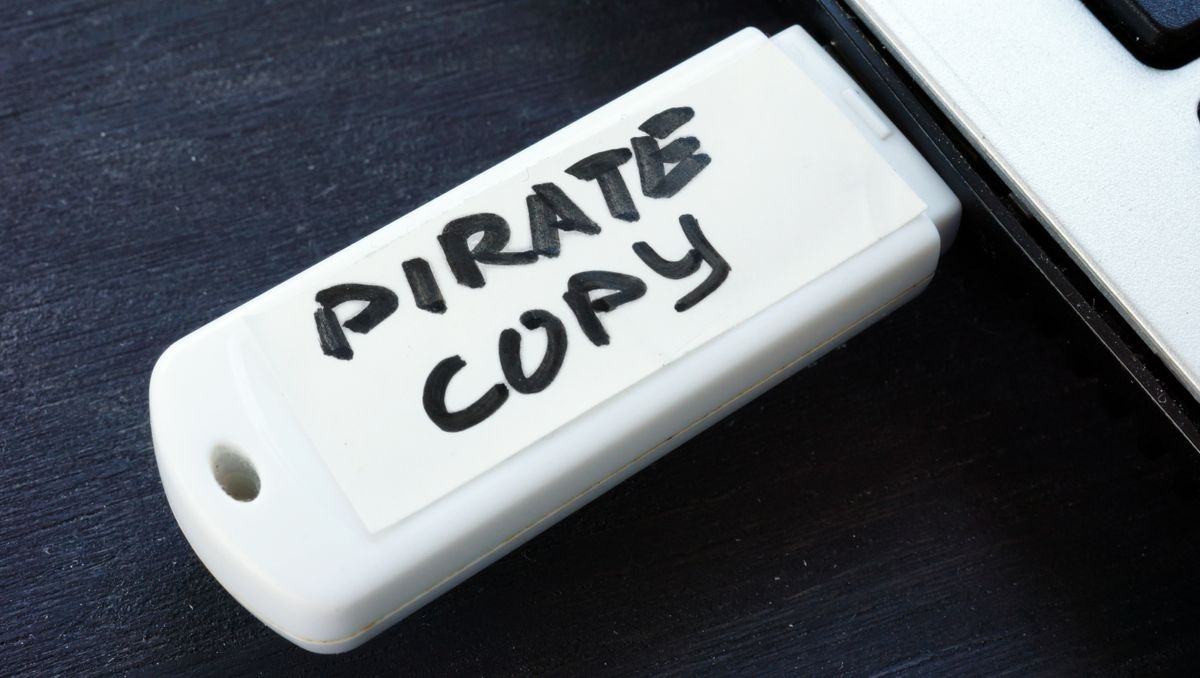The Russian government is reportedly working on a law that would make some software piracy legal. The move would help Russians circumvent tech and software bans that have been placed on the nation since it invaded Ukraine two weeks ago, according to Torrentfreak.
Tech companies including Microsoft, Sony, Adobe, and Apple have pulled products and services from Russia. EA, Ubisoft, Take-Two, CD Projekt Red, and other game companies have made their games unavailable for purchase. The bans by these companies paired with the severe economic sanctions are meant to apply pressure on Russia to end its invasion of Ukraine.
The proposal, called the “Priority Action Plan for Ensuring the Development of the Russian Economy in the Conditions of External Sanctions Pressure,” comes from the Russian Ministry of Economic Development. It lays out numerous policies that attempt to help stabilize the Russian economy.
The bit related to software piracy is item 6.7.3 under the Information Technology portion of the proposal, which proposes the “cancellation of liability for the use of software (SW) unlicensed in the Russian Federation, owned by a copyright holder from countries that have supported the sanctions.”
Basically, if this law passes, Russia would wave any criminal or civil penalties involved with pirating software so long as it’s from one of the companies that have supported the sanctions. The distinction is important because this doesn’t mean that Russia is legalizing all forms of software piracy. It’s specifically targeting the software companies based in countries that are sanctioning Russia.
Window shopping
Windows 11 review: What we think of the new OS
How to install Windows 11: Safe and secure install
What you need to know before upgrading: Things to note before downloading the latest OS
Windows 11 TPM requirements: Microsoft’s strict security policy
The proposal, translated by Hothardware with software and assistance from a Russian speaker, seems to apply to any type of unlicensed software, including videogames. However, its primary purpose is to allow Russian business owners to continue to use software made by companies like Oracle and Microsoft.
As Russian business site Kommersant points out, though, most business software is a subscription-based cloud service or requires a form of online verification, making it impossible to use without access to those servers.
Despite attempts to beef up its anti-piracy laws, software and other piracy are already common in Russia. Still, the Russian government signing off on international software piracy would be like nothing we’ve ever seen.


